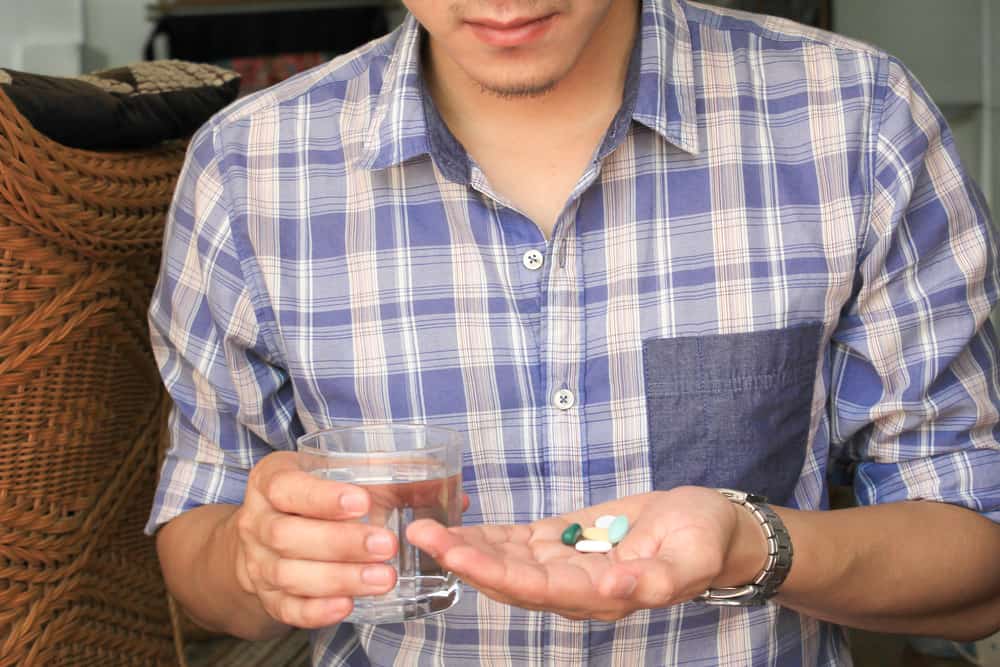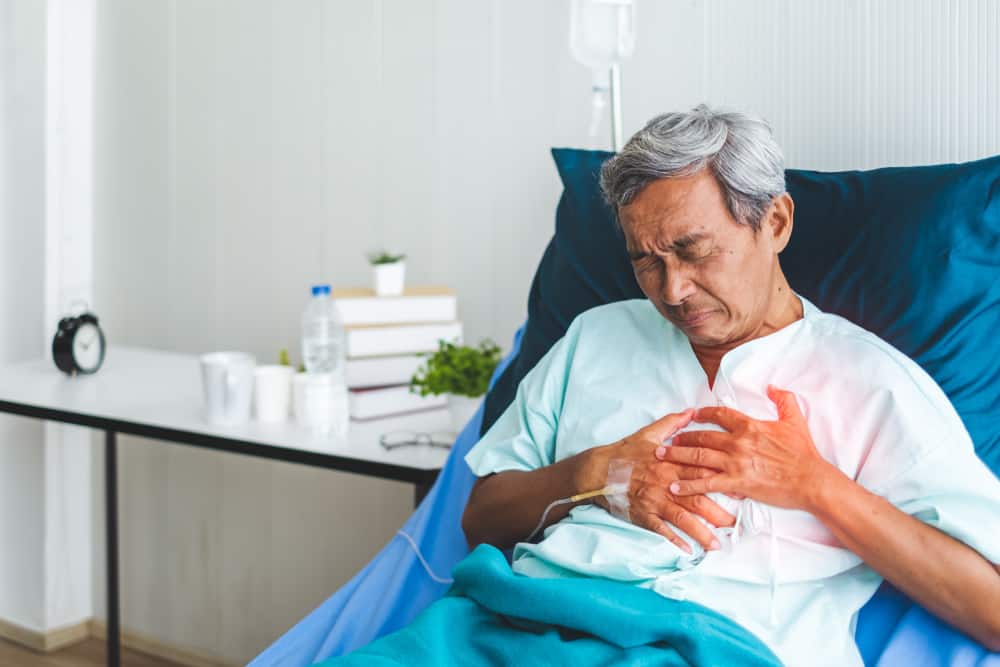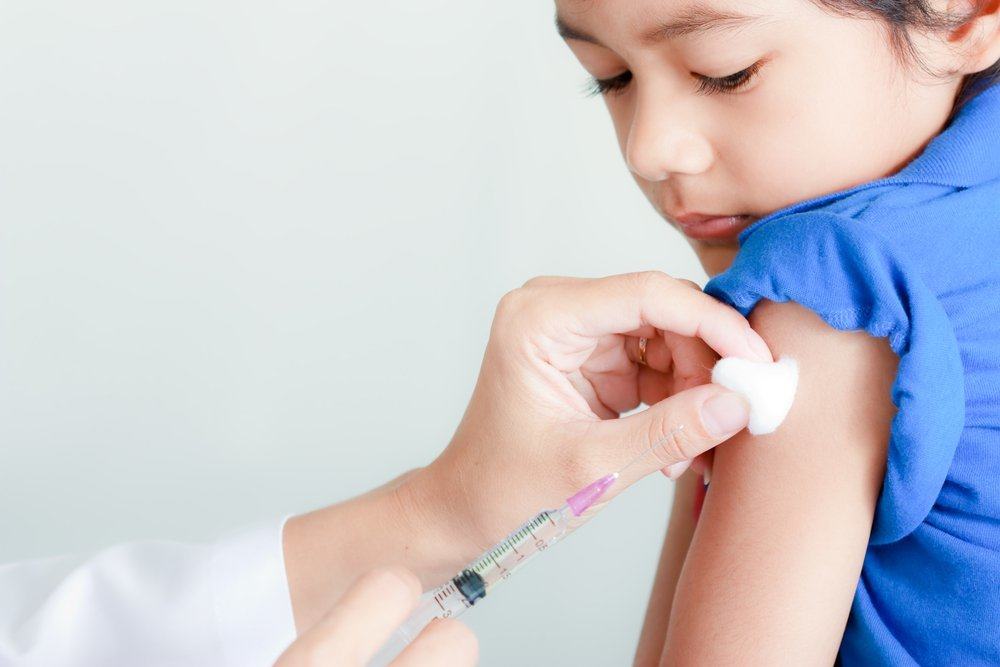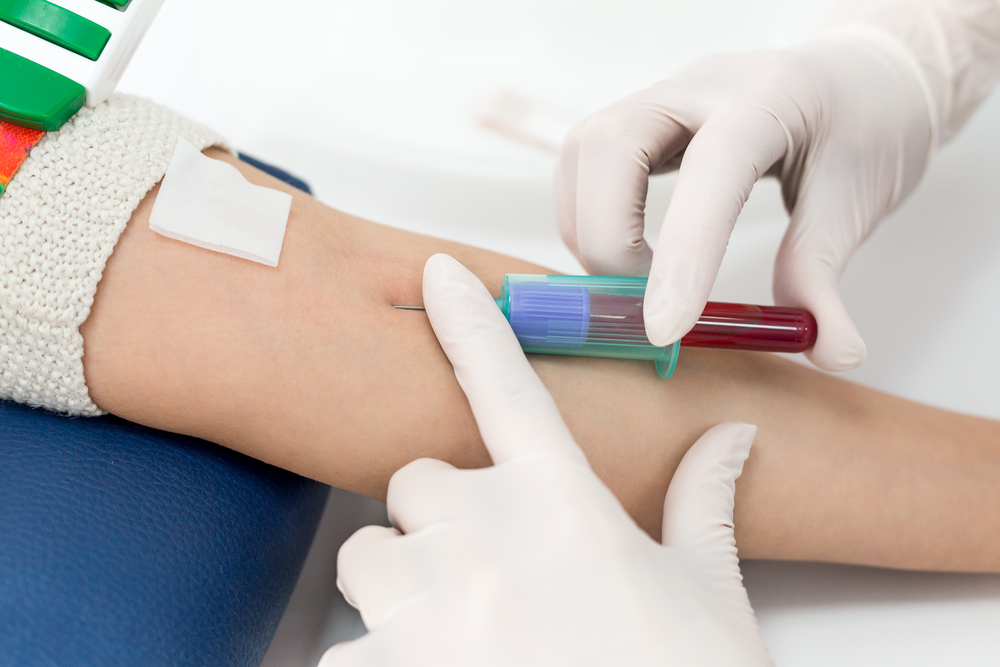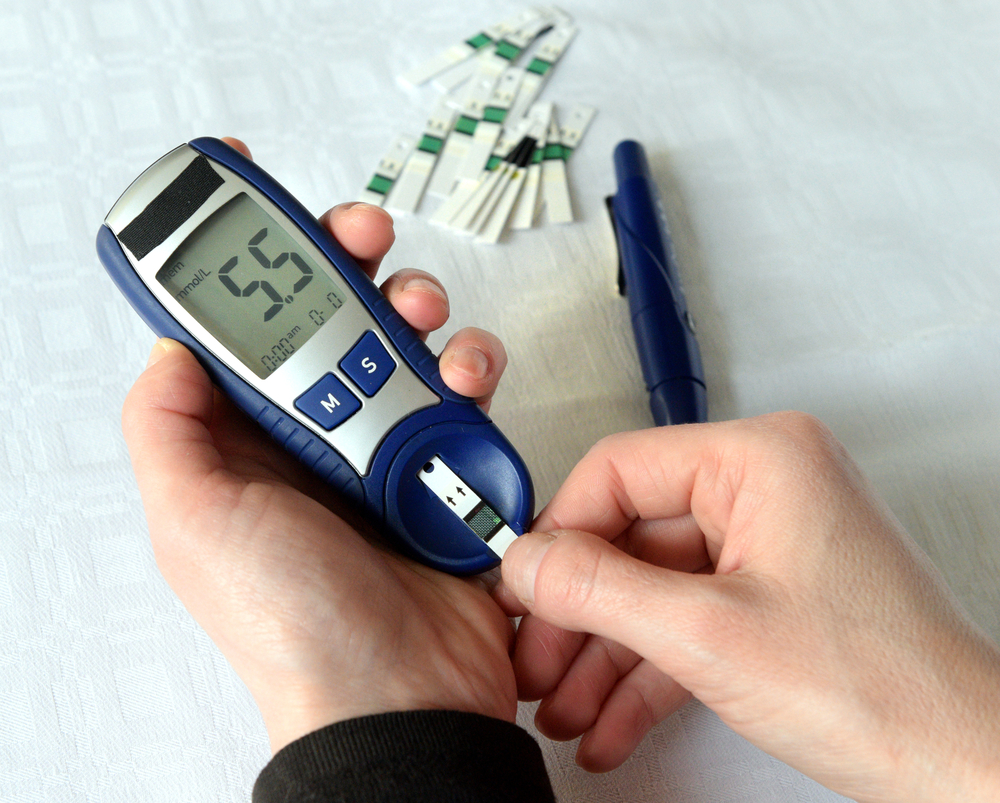Contents:
- Medical Video: Cat Abscess Treatment Information and Guide | How To Treat At Home- Cat Care Tips
- Treatment for gonorrhea patients
- Medication for gonorrhea with antibiotics
- Are there gonorrhea drugs other than antibiotics?
Medical Video: Cat Abscess Treatment Information and Guide | How To Treat At Home- Cat Care Tips
Gonorrhea or gonorrhea is a venereal disease that can be transmitted through oral, anal or vaginal sex. This disease does not cause symptoms after several weeks of infection. If left untreated it will cause complications. Antibiotic treatment is a gonorrhea that must be done so that the bacteria do not spread so that the patient can recover.
Treatment for gonorrhea patients
Gonorrhea does not cause long-term problems if treated early in the infection. However, if this disease is not treated it can certainly cause many complications. Because the gonorrhea infection can spread to other parts of the body besides the genitals, namely joints, skin, heart, or blood. This is also called disseminated gonococcal infection (DGI) and patients require hospitalization and antibiotic treatment which is usually given by IV.
Compared to men, women are more at risk of developing long-term complications if the infection is not treated. This infection will then attack the female reproductive tract and involve the uterus, fallopian tubes, and ovaries. This condition is known as pelvic inflammation (PID). Ectopic pregnancy (pregnancy outside the womb) can also occur and endanger life.
In the initial treatment of gonorrhea, it can be treated with antibiotics. Some patients undergo initial treatment, namely:
- Someone who has a positive gonorrhea test
- Someone who has sex in the last 60 days with someone diagnosed with gonorrhea
- Newborns whose mothers suffer from gonorrhea
Medication for gonorrhea with antibiotics
Here are some types of gonorrhea in the form of antibiotics used to cure gonorrhea.
- Ceftriaxone (rocephin). This antibiotic is used simultaneously with azithromycin to inhibit the growth of bacterial cell walls that have reached the blood.
- Azithromycin (zithromax, zmax). This antibiotic is used to inhibit bacterial growth.
- Cefixime and cephalosporins. This antibiotic is used as a substitute if ceftriaxone is not available. This drug inhibits bacterial cell wall synthesis and is used in conjunction with azithromycin. Both are used if the patient does not have complications.
- Doxycycline. This antibiotic inhibits protein synthesis which can trigger bacterial growth. Doxycycline is used for 10 to 14 days at a dose of 100 mg in addition to a single dose of cetriaxone to treat pelvic inflammation (PID).
- Erythromycin. The antibiotic drops ointment recommended for use in newborns to prevent conjunctivitis (inflammation of the eye conjunctiva) gonorrhea.
If you are given a dose of antibiotics, be sure to use antibiotics according to your doctor's advice. Skipping doses or not taking medication completely will make the gonorrhea infection unable to heal. Patients who feel the symptoms do not improve can be caused by another gonorrhea infection or treatment failure. It is possible that certain bacteria from gonorrhea have become resistant to antibiotics so that they cannot be killed by these antibiotics. So, patients need another antibiotic to cure the infection.
Some people who suffer from gonorrhea can also get chlamydia. Therefore, gonorrhea treatment also includes antibiotics that are effective in treating chlamydia.
Are there gonorrhea drugs other than antibiotics?
Reporting from WebMD, there is no treatment with herbal medicines or medicines that are freely purchased by pharmacies that can cure gonorrhea. Gonorrhea can only be obtained based on a doctor's prescription so that the infection does not develop and causes complications.
If you have been diagnosed with gonorrhea, there are a number of things you need to pay attention to, such as:
- Take complete antibiotics according to your doctor's prescription until you are truly declared cured.
- For the time being, don't have sex when you are undergoing treatment. If you get one dose of antibiotic treatment, wait at least seven days after the drug runs out before having sex, and use contraception.
- Make sure your partner also checks with your doctor to find out if the infection has spread to other people, even if your partner has no symptoms.
- Call your doctor if symptoms persist or new symptoms arise. You may need other antibiotics and further tests.


